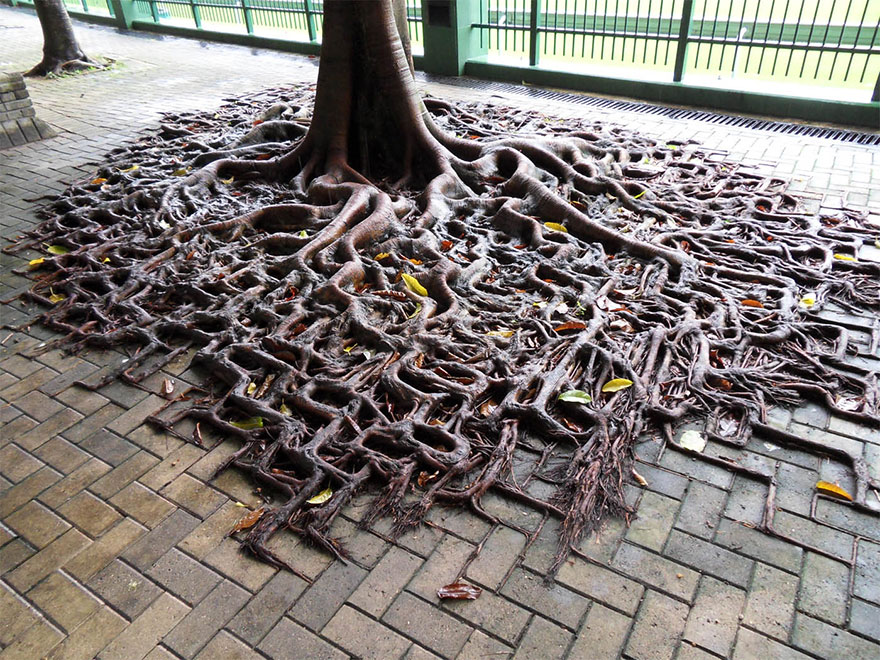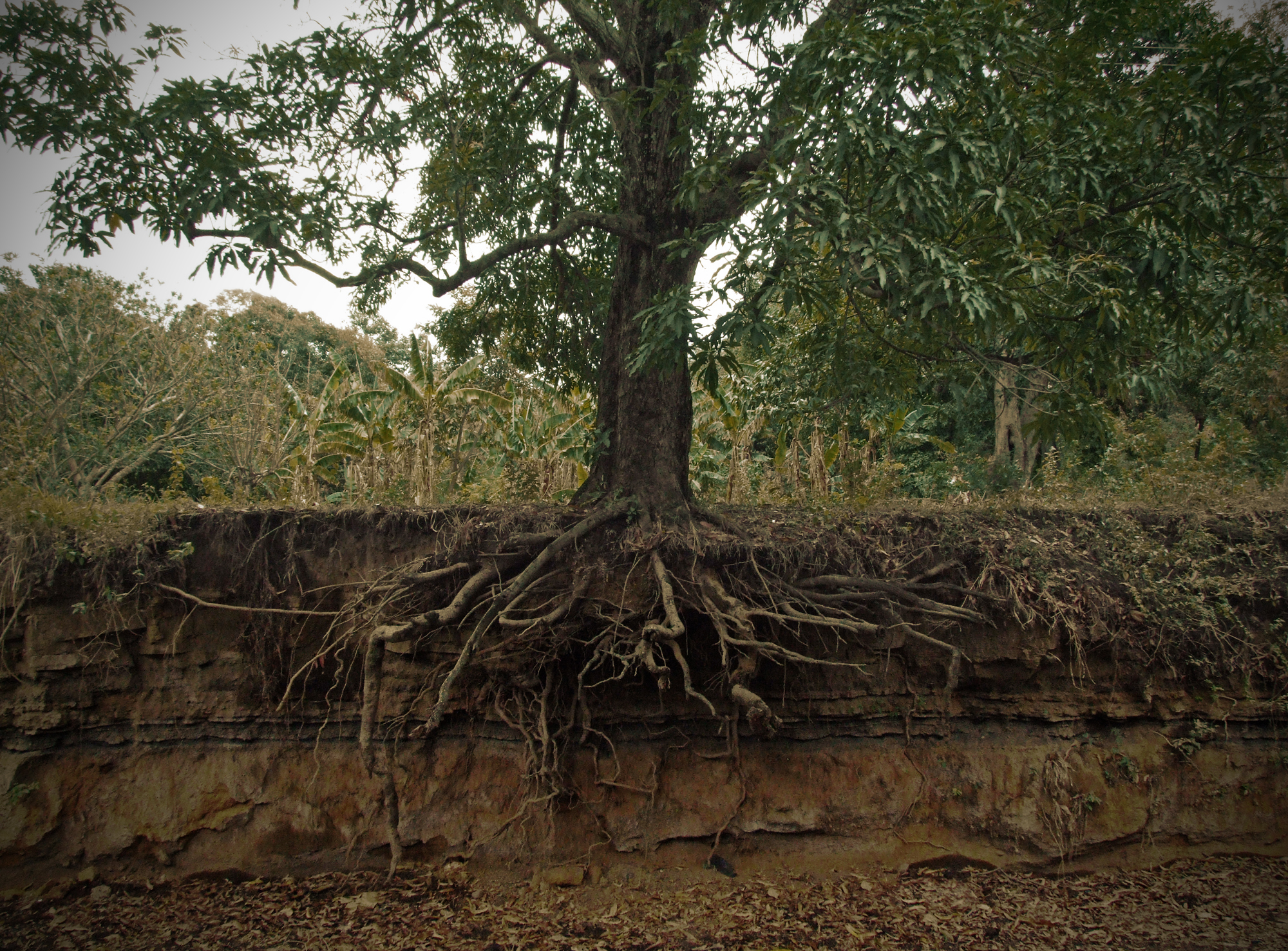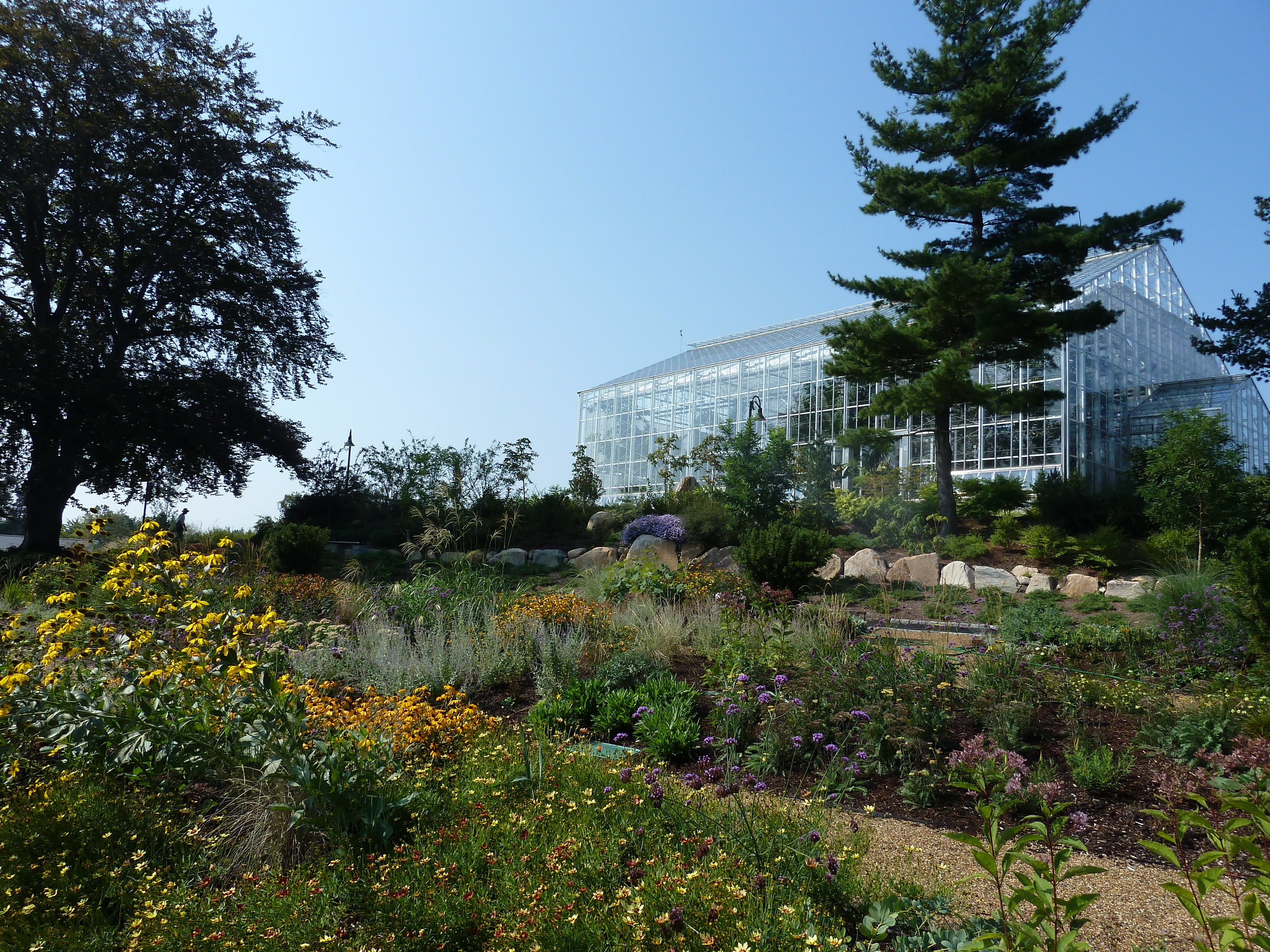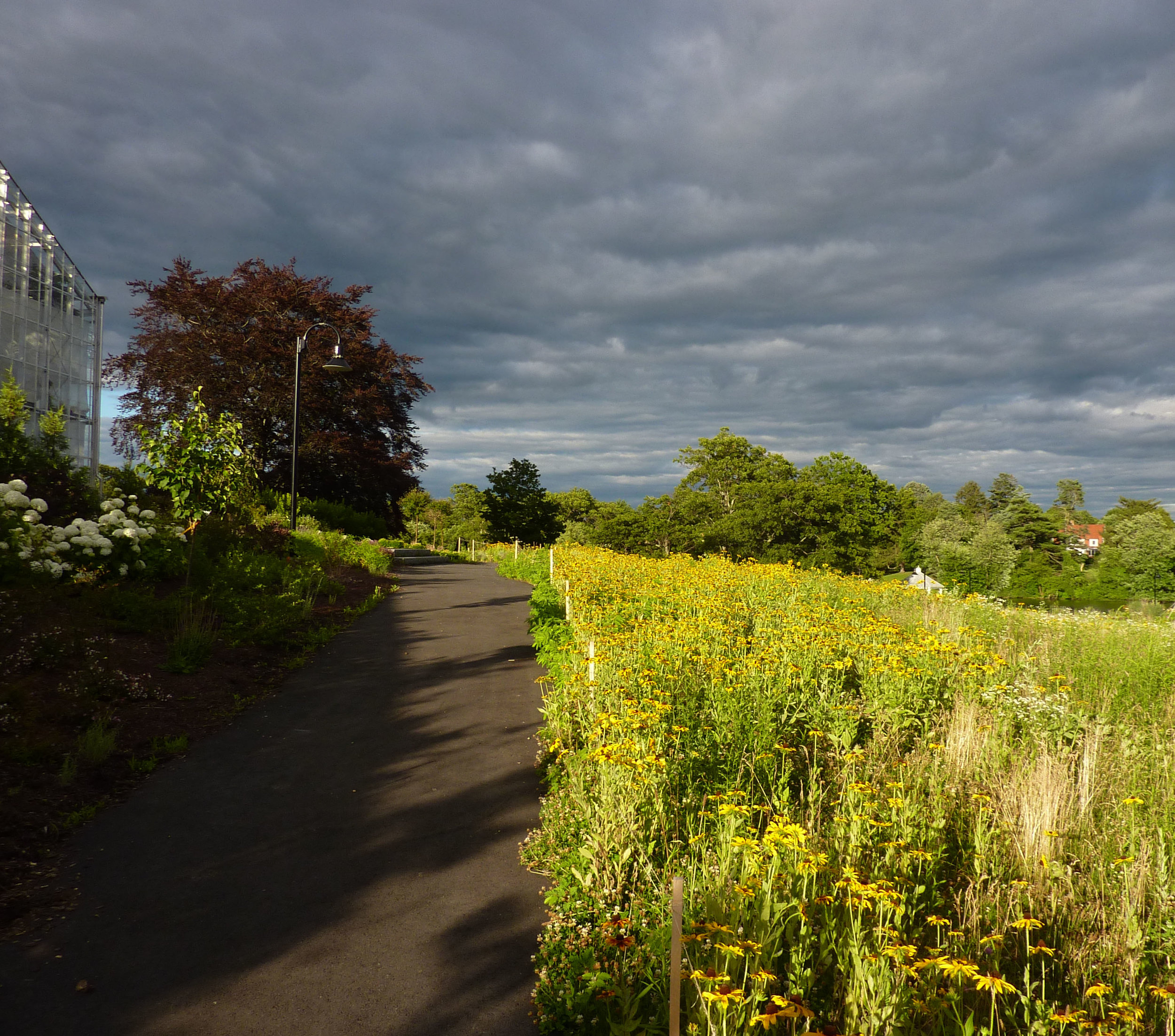These honey bees are pollinating 'Walker's Low' (Nepeta racemosa) at the Roger Williams Park Botanical Center. (SDG 2010).
Pollinator species populations, such as the vital Honey Bee, are declining at alarming rates.
Why you should care:
- Pollinators are vital to agriculture. Nearly all fruit, vegetable, and seed crops used to produce fuel, medicine, and food require animal pollinators (such as birds, bees, and butterflies.)
- Intensification of agriculture, pollinator habitat fragmentation and habitat loss are all factors which have negatively impacted native pollinator populations.
- If populations continue to decline, crop production could decline with it - causing a spike in food prices.
- 10% of Rhode Island's total land acreage is devoted to Agriculture.
- Rhode Island is a leader in direct sales of produce from farms to consumers.
- Agriculture (including livestock, dairy, aquaculture, nursery and greenhouse stock, vegetables, and sod production) contributes significantly to Rhode Island's economy.
What you can do:
- Plant species that provide food and habitat for pollinators. For further general information visit: http://conbio.org/images/content_publications/RIPollinatorsandAgriculture.pdf For a list of plant species and guide for the northeast check out: http://www.xerces.org/wp-content/uploads/2014/09/NortheastPlantList_web.pdf
- Become a beekeeper! Check out the Rhode Island Beekeepers Association (RIBA) website: http://ribeekeeper.org/
- Help Educate your friends and family - spread the word about pollinator loss and why it matters.
The Heinz Center. 2013. Rhode Island Pollinators and Agriculture. Washington, DC, 46 pp














